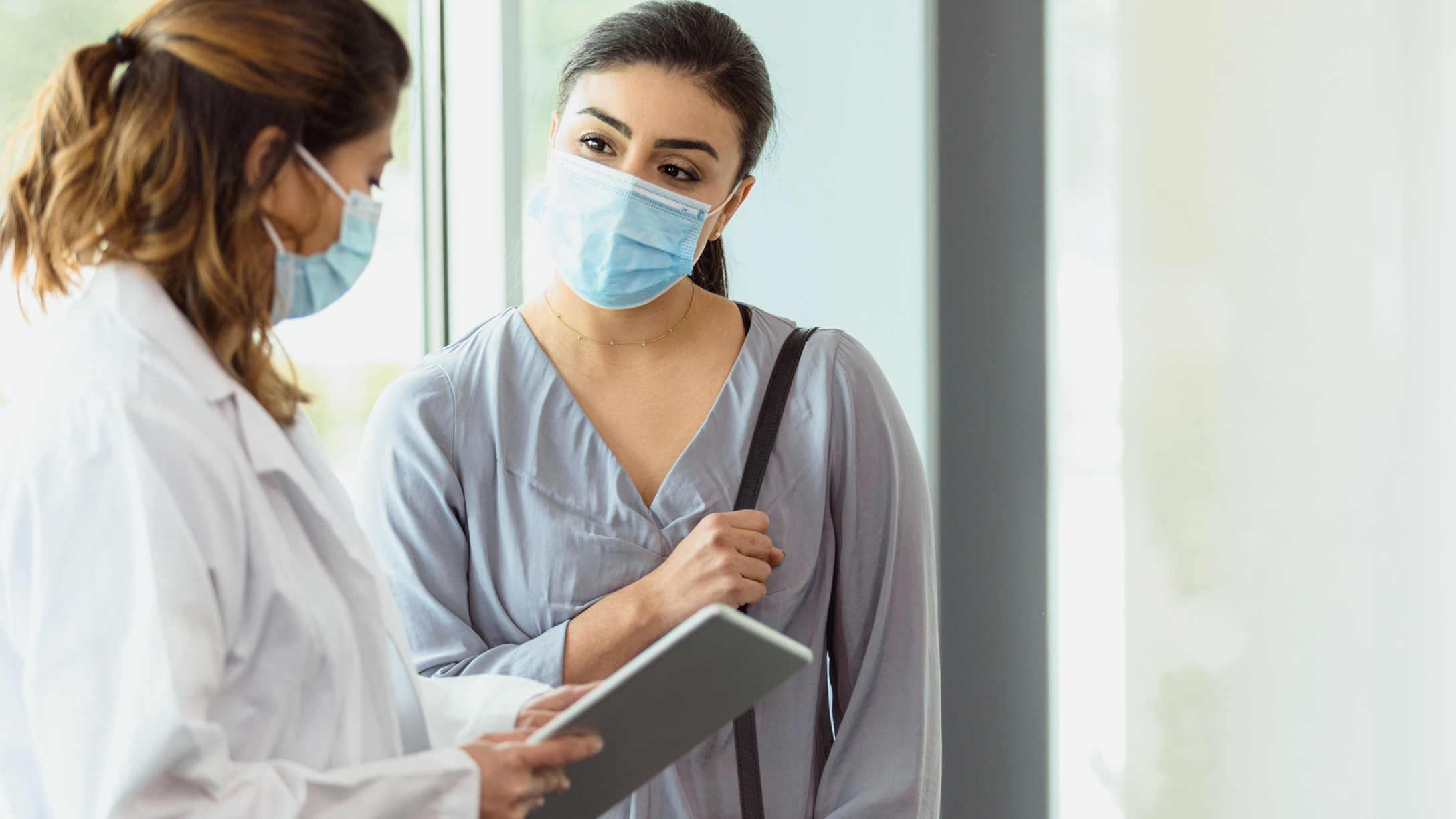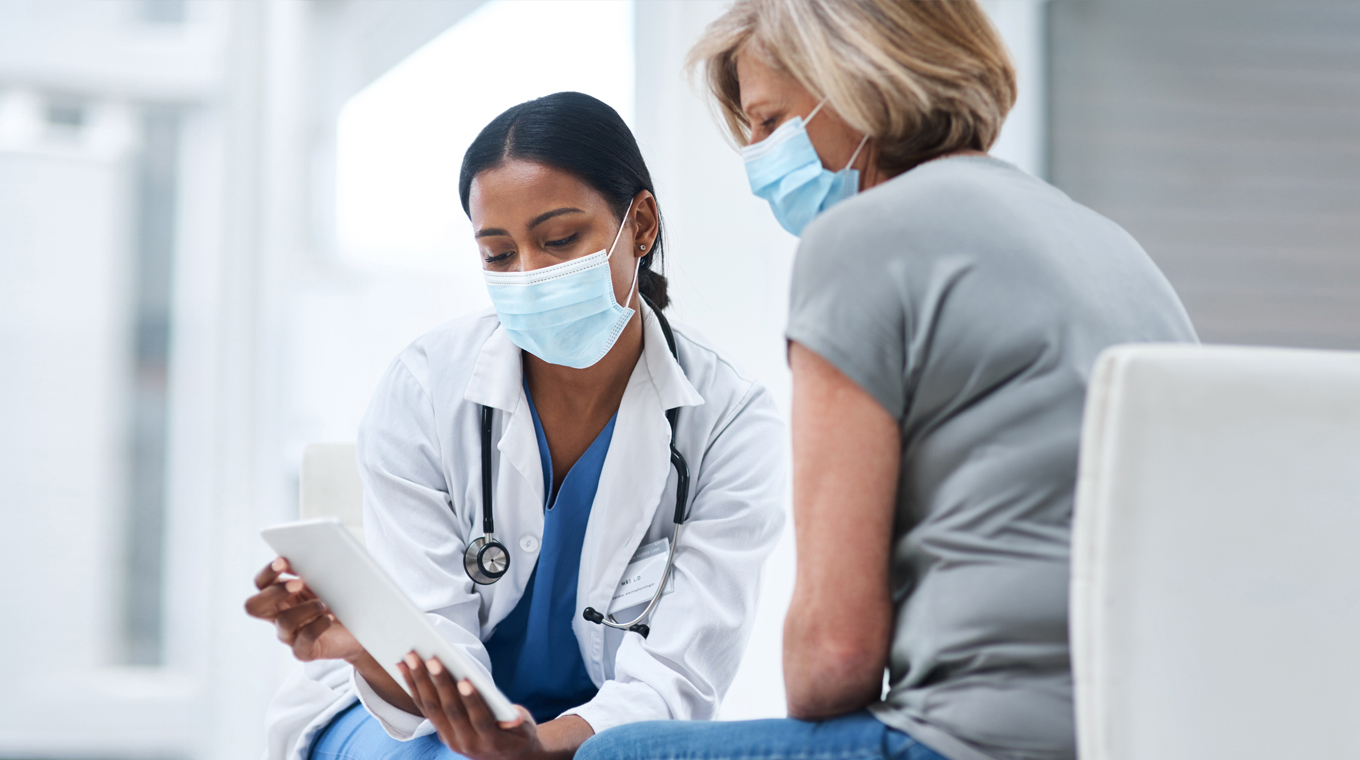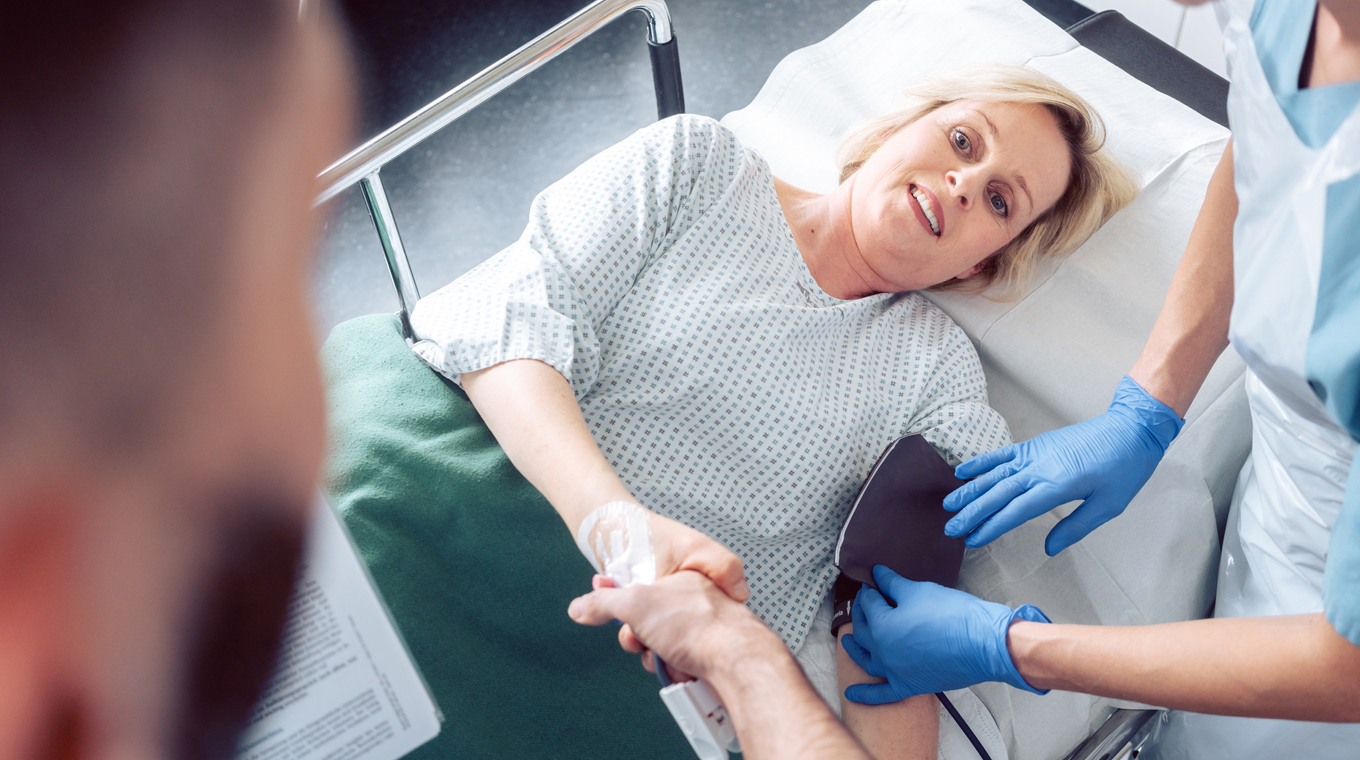
In this article
You may hear the term thrown about, but what is a colonoscopy for exactly? And do I need one? The simple answer is that a colonoscopy is used to identify abnormalities found in the large intestine and rectum. Doctors use a long, flexible tube with a camera so that they can see everything in the colon. In some cases, during the colonoscopy, minor abnormalities can be removed such as polyps. Doctors can also collect tissue samples for diagnostic testing.
Read on for current guidelines to see if this is an appropriate time for you to schedule this potentially life saving test.
When to get a colonoscopy

Doctors recommend getting a colonoscopy every five to 10 years once you reach the age of 45. The previous recommended age was 50, but has been changed by the American Cancer Society. Of course, those in high risk categories for colon cancer or have other symptoms may have a colonoscopy ordered sooner.
Be aware of these other types of symptoms that may require a colonoscopy:
- Abdominal pain
- Rectal bleeding
- Chronic constipation
- Chronic diarrhea
- Other recurring intestinal problems
Once you’ve had a colonoscopy, your doctor may order them more frequently to monitor potential problems. For example, if you had polyps removed, your doctor may want to check to see if more have presented themselves in your intestine. Getting a colonoscopy more frequently can reduce your risk of colon cancer. "A colonoscopy is the best way to detect colorectal cancer and can even reduce your risk by up to 60%,” Elliana Rose, MD told Mom.com.
How to prep for a colonoscopy

If you are scheduled for your first colonoscopy, you might wonder how to prepare for it. “I had only heard that they are a nightmare, but really I had no idea what to expect,” mom Diana Crane told Mom.com.
A colonoscopy needs to be done with a cleared out colon. This means that you have some preparation to do before your exam. You’ll have a special diet the day before the procedure, which excludes solid foods and only allows clear liquids such as water, tea, and coffee without cream. You may also have broth. Your doctor will want you to avoid any anything with red, blue, or purple dye, as this can be confused for blood when performing the exam.
You’ll need to take a laxative the night before or morning of the colonoscopy. This will help clear the path for the camera to see your intestines. The laxative comes in the form of a prescription liquid, that will trigger a bowel-clearing movement. Your doctor will provide exact instructions depending on the bowel prep they've prescribed, and will ask about any prior experience you've had with colon preps.
The week leading up to the exam may have you adjust medications that contain iron. Review all medications and supplements that you’re taking with your doctor to see if any adjustments need to be made.
What to expect during the procedure

There can be some discomfort with a colonoscopy, which is why your doctor will sedate you and possibly give you intravenous pain medication. You’ll wear a gown with nothing else and lie on your side on an exam table. Your doctor will ask that you pull your knees up to your chest.
The doctor starts the procedure by inserting the scope into your rectum. Air or carbon dioxide is pumped into your colon by the scope so that it inflates, making it easier to see the lining of your colon. As the scope is moved, there may be some abdominal cramping that happens.
The entire procedure may take up to 60 minutes but is often complete within 30.
After your colonoscopy
Plan on having someone drive you home as you’ll be coming off of the sedative and won’t be able to drive. One of the symptoms of the sedative is a brain fog, so you don’t want to go back to work or do any complex decision making until you’re fully alert again.
It is common to feel bloated and pass gas for several hours after the exam as your body works to clear the air that was pumped into the colon. Your doctor may advise walking to help eliminate the gas and ease the discomfort.
For those who had a polyp removed during the colonoscopy, there may be a special diet to go easy on your system while the removal point heals.
Don’t be alarmed if there is a little bit of blood in your first bowel movement after the colonoscopy. Should it persist or should you have continued abdominal pain or a fever, call your doctor.
When your doctor gets the results, he will review them with you. Negative results mean that there are no abnormalities found and you will be scheduled for another exam in 10 years.




